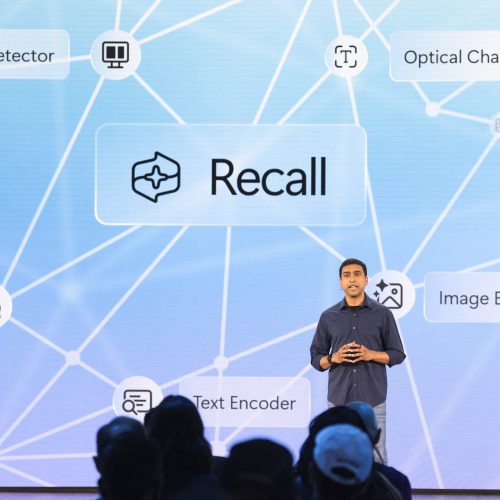Microsoft reiterates “non-negotiable” TPM 2.0 requirement for Windows 11
For most people, Windows 10 security updates are slated to stop on October 14, 2025, just over 10 months from today. That could end up being a serious security problem, given that Windows 10 is still the version used by a large majority of the world's PCs.
Users will be able to buy a one-year reprieve for $30, and businesses and other organizations will have the option to pay for two more years after that. But the easiest and cheapest way out of the problem—an upgrade to Windows 11, which is still free for Windows 10 PCs that can run it—still remains out of reach for many active PCs because of Windows 11's more stringent system requirements.
Microsoft has reiterated this week that it has no plans to loosen those requirements to boost Windows 11's adoption numbers, focusing particularly on the need for a TPM 2.0 device. Short for Trusted Platform Module, a TPM stores encryption keys and performs other cryptographic functions, and Windows uses it to seamlessly decrypt your PC's disk at boot, among other things. A TPM 2.0 module is a "non-negotiable" requirement for boosting Windows 11's security baseline, says Microsoft, and that apparently won't be changing.


© Microsoft


